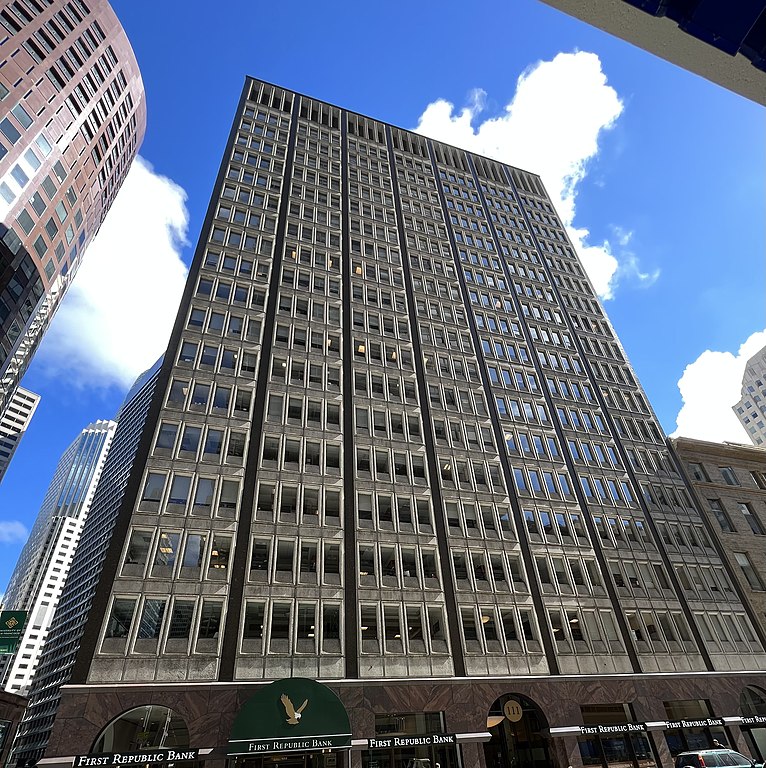
It was announced on Monday that JPMorgan Chase Bank has acquired First Republic Bank from the Federal Deposit Insurance Corporation (FDIC) with the vast majority of its assets and assumed its deposits and other liabilities.
As part of the purchase, JPMorgan Chase is assuming all deposits, insured and uninsured.
